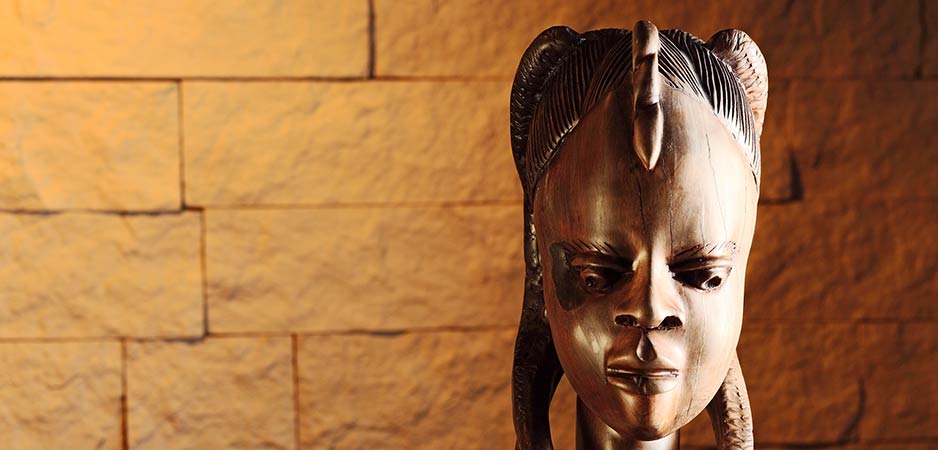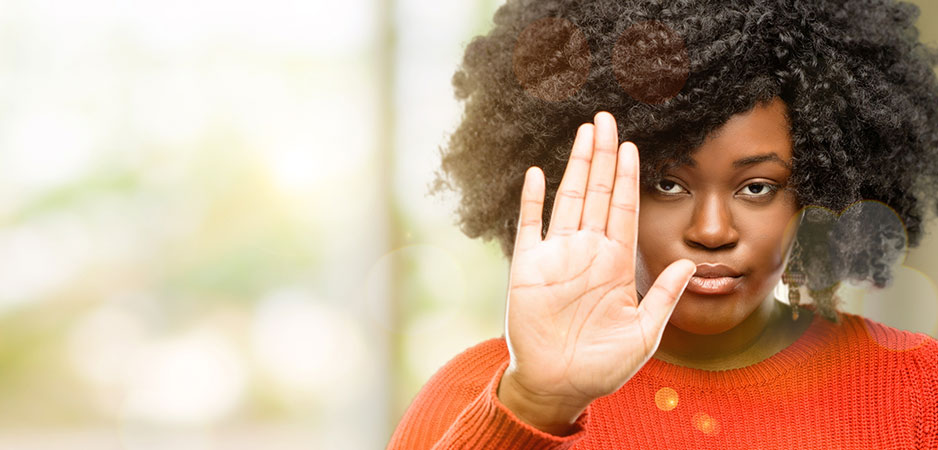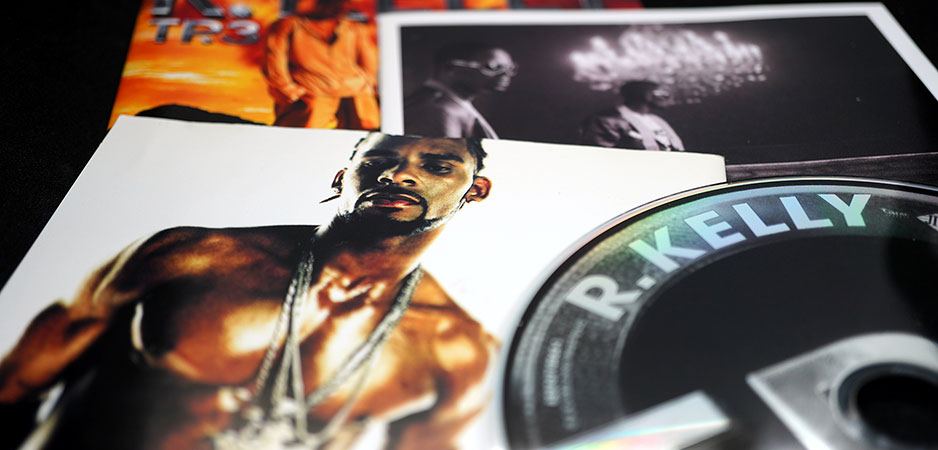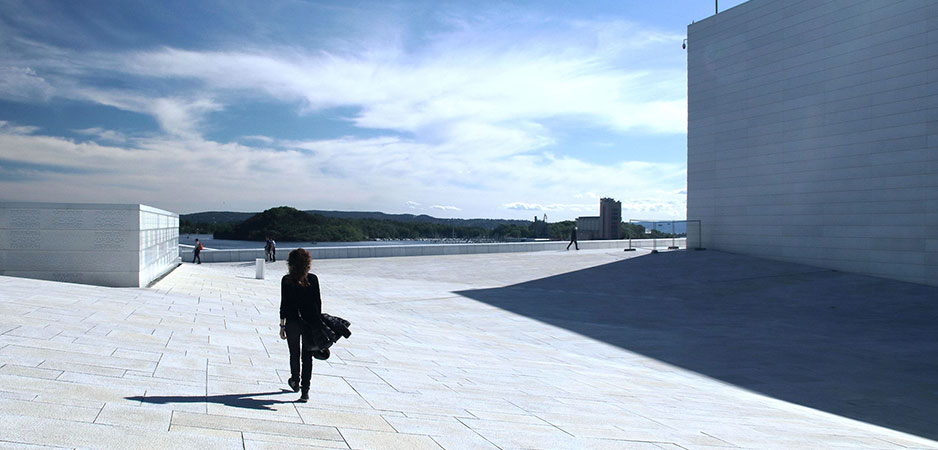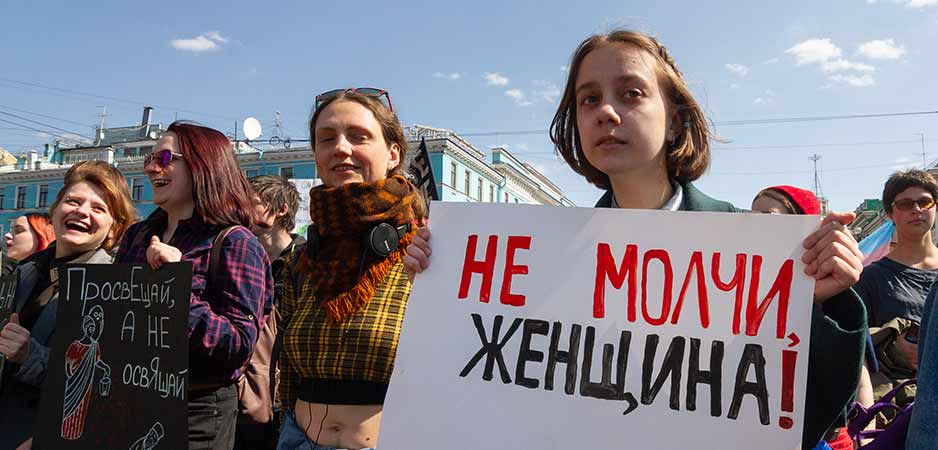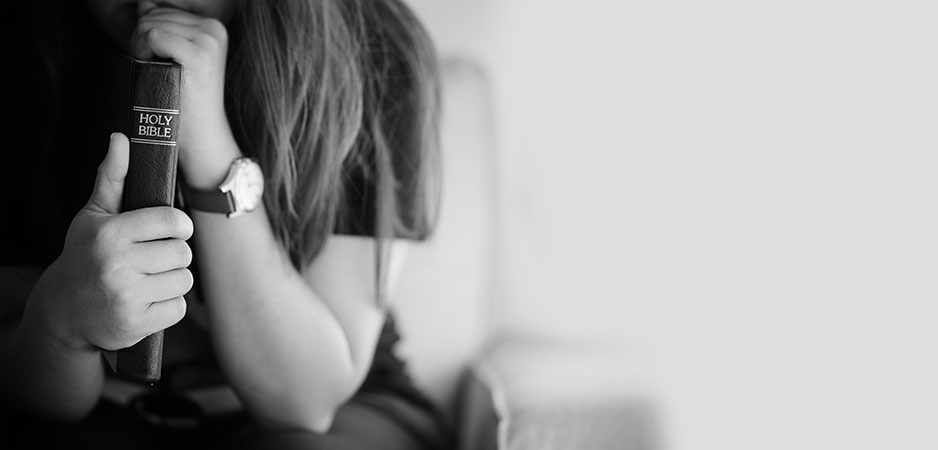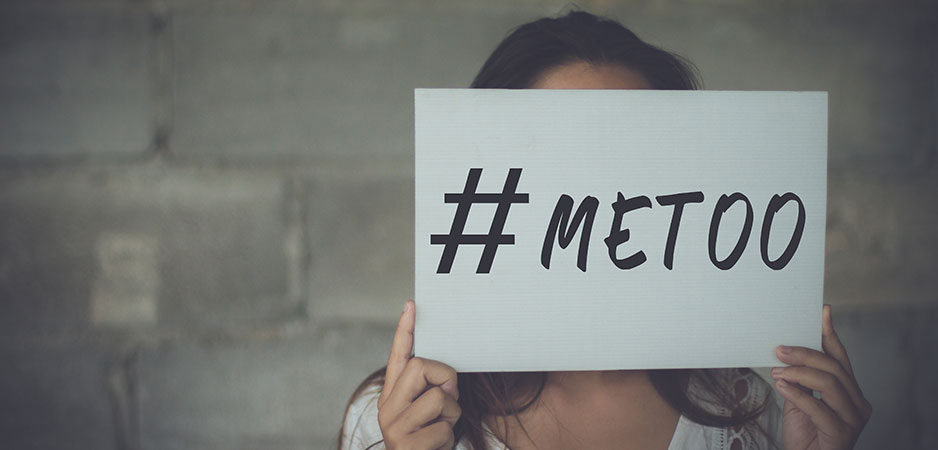Few things unite Nigerians like the numerous stories of sexual abuse, intrenched in tradition and scattered across tribes and cultures, and perpetrated mostly against women. So endemic is this culture of sexual violence against women that it is woven into the very fabric of our existence. It cuts across all segments of society: the home, the education system, the workplace, the nation’s armed services, hospitals and even places of worship — places that over 40% of the nation’s populace consider a second home where many seek refuge. There is overwhelming statistical evidence to back up these claims.
Nothing exposes the backwardness of a country more than this prevalent rape culture, backed by religious and cultural sentiments of male supremacy and dominance.
The 2014 National Survey on Violence Against Children in Nigeria found that one in four women have experienced sexual violence in childhood, with over 70% of them reporting more than one incident. Of the 24.8% of women aged 18 to 24 who have experienced sexual abuse before the age of 18, a dismal 5% sought help, and just 3.5% received any assistance.
360˚ Insight: Is Russia Ready for Its Own Me Too Movement?
Nigeria’s Criminal Code recommends life imprisonment for those convicted of rape and 14 years for attempted rape. Given that as few as two out of 40 rape cases are reported in Nigeria, it is difficult to estimate the number of rapes committed each year. Yet it is quite shocking that in the legal history of Nigeria, fewer than 20 persons have been convicted of the crime.
One major reason for this might be the fact that most rape perpetrators are known to the victim, and might even be family members. As Nigeria’s culture dictates protecting the family at all cost, the burden is left for the victim to bear, often causing major life-long trauma without any hope for justice. To understand why this is so, we have to delve into the cultural and religious factors that have enabled this menace to continue for so long, uncorrected, all across Nigeria.
Context of Rape
The Nigerian woman knows the possibility of rape is always high. She is reminded at every turn that, as a woman, any man who is physically strong enough can decide to demonstrate his supremacy by way of sexual violence.
In places of worship, whether mosques or churches, she is taught to keep her head bowed down and her voice low or, even better, inaudible, to not “distract the men” from going about their business of searching for God. A woman is, in short, a distraction strategically positioned to bring down a man.
This religious and cultural bias against women in Nigeria has a wide scope of consequences. The region most hardly hit, northern Nigeria, has female illiteracy rates of over 80%, with only 3% of women completing secondary education. (It is here that the #ArewaMeToo hashtag originated in response to the global #MeToo movement, arewa being the Hausa word for “north.”) Almost half of Nigerian girls become mothers before the age of 20 and, with a maternal mortality rate of 917 per 100,000 women compared to an average of 11 per 100,000 in high-income countries, there are significant health statistics stacked against the Nigerian woman.
In some parts of the country, women are denied legal rights to own property. Only 4% of the country’s land in northeastern Nigeria is owned by women, 10% in the southeast and the south. Certain customary laws state that only men can own land, and the only way a woman can get access to land is through marriage. This fosters a culture where women are desperate to marry, not for the sake of the marital union, but because of what she stands to gain from being joined to a male partner, further lending credence to a culture of male supremacy.
This view of women as mere addenda to the men increases a perception that she should be treated as lesser human beings and spikes an increased tolerance for sexual abuse by men who wield power over them. It also makes the people — men and women alike — generally uncomfortable with a single, successful woman without a husband. It is seen as an anomaly for a woman to achieve prominence without the mentorship and guidance of a strong male figure such as a husband, behind whose prowess she takes cover.
This cultural and religious context may be the underlying reason behind the societal pressure to remain silent and the strong element of shame around rape and rape victims. Spousal rape has absolutely no value at all, and the country’s penal code allows husbands to beat their wives — provided it does not lead to serious injury.
While it is true that male rape is also a problem, it won’t be solved by deemphasizing violence against women. When we shift the spotlight from the women who bring up the subject of rape and instead concentrate on what is often referred to as “rarely discussed male rape,” we end up propagating rape culture, alongside attitudes like victim blaming and slut shaming. As a matter of fact, male rape gains more credence when we are open about female rape and the physical and mental damage it inflicts on women of all ages, influencing their attitudes and actions toward the men in their lives.
Women Owning Their Voices
Recently, women have been speaking out more freely about incidences of rape and sexual assault. The stories of policemen raping alleged prostitutes in the nation’s capital, Abuja, received media coverage. When a prominent pastor was accused by a former church member of rape, it sparked a conversation on social media, leading to more allegations against him and other figures of authority. The ensuing #ChurchToo movement protest saw the pastor step down from his pulpit. The victim went on to seek legal recourse, while other victims spoke out openly about similar experiences, owning their voices and their stories.
This is the first time Nigeria experienced such an open discussion about the subject of rape. Although the victims were faced with long-suppressed feelings of shame, anger and rage, the public acknowledgement of fact that there is a massive rape problem in Nigeria is the first step toward building a responsible society that protects its women.
However, much of the rape still goes unreported, especially among those who cannot speak up, like the child brides of northern Nigeria against whom statutory rape is being committed on a daily basis. Because women occupy few positions in the country’s public sector, and even fewer positions at the top where major decision-making occurs, the representation of those worst hit is still at an all-time low.
One thing is certain: Few men are aware of the immense power they have to influence and shape the lives of women, and very few of them truly understand the magnitude of the crime of sexual assault or rape on the victims. While male education and advocacy against rape is picking up momentum, it is still far from being adequate. For this reason, the need for women to take up positions of power and authority has never been as essential as it is now. There simply has to be a stronger representation of women in politics and policymaking if anything is to change.
The views expressed in this article are the author’s own and do not necessarily reflect Fair Observer’s editorial policy.
For more than 10 years, Fair Observer has been free, fair and independent. No billionaire owns us, no advertisers control us. We are a reader-supported nonprofit. Unlike many other publications, we keep our content free for readers regardless of where they live or whether they can afford to pay. We have no paywalls and no ads.
In the post-truth era of fake news, echo chambers and filter bubbles, we publish a plurality of perspectives from around the world. Anyone can publish with us, but everyone goes through a rigorous editorial process. So, you get fact-checked, well-reasoned content instead of noise.
We publish 2,500+ voices from 90+ countries. We also conduct education and training programs
on subjects ranging from digital media and journalism to writing and critical thinking. This
doesn’t come cheap. Servers, editors, trainers and web developers cost
money.
Please consider supporting us on a regular basis as a recurring donor or a
sustaining member.
Support Fair Observer
We rely on your support for our independence, diversity and quality.
Will you support FO’s journalism?
We rely on your support for our independence, diversity and quality.


